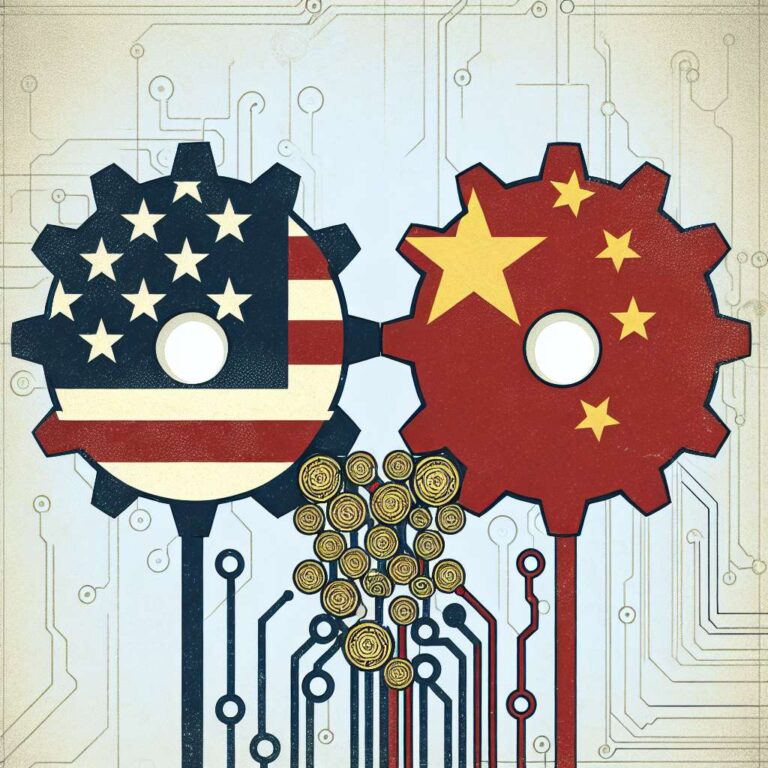Nvidia and AMD have agreed to give the US government 15% of revenues from certain semiconductor sales in China, a source told the BBC. The arrangement is described as part of broader deals to secure export licences for sales into the world´s second biggest economy. According to reporting, the split applies to Nvidia´s H20 chips and to AMD´s MI308 chips, and was first reported by the Financial Times.
The payments come amid a patchwork of export controls and diplomatic pressure. Washington had previously banned sales of the H20 to China; Nvidia later indicated that restriction would be reversed. The H20 was developed after 2023 export restrictions introduced under the Biden administration, and the Trump administration effectively banned its sale in April. Nvidia told the BBC: ´We follow rules the US government sets for our participation in worldwide markets. While we haven´t shipped H20 to China for months, we hope export control rules will let America compete in China and worldwide.´ The company also said: ´America cannot repeat 5G and lose telecommunication leadership. America´s Artificial Intelligence tech stack can be the world´s standard if we race.´
Nvidia´s chief executive Jensen Huang has been actively lobbying for resumed sales and reportedly met president Donald Trump last week. The Financial Times and sources close to the matter reported the 15% revenue arrangement as a condition tied to export licences; AMD had not immediately responded to the BBC´s request for comment at the time of publication.
The development arrives as trade tensions between Beijing and Washington have shown signs of easing. The article notes Beijing has relaxed some controls on rare earth exports and the US has lifted restrictions affecting chip design software firms. A 90-day tariffs truce agreed in May has led to multiple meetings between senior trade officials, though an extension of that pause had not been confirmed ahead of an August deadline. Several major technology firms have also signalled increased investment in the US, and chip makers are announcing plans for domestic production and server projects, underscoring the interplay between export policy, commercial strategy and geopolitics.

